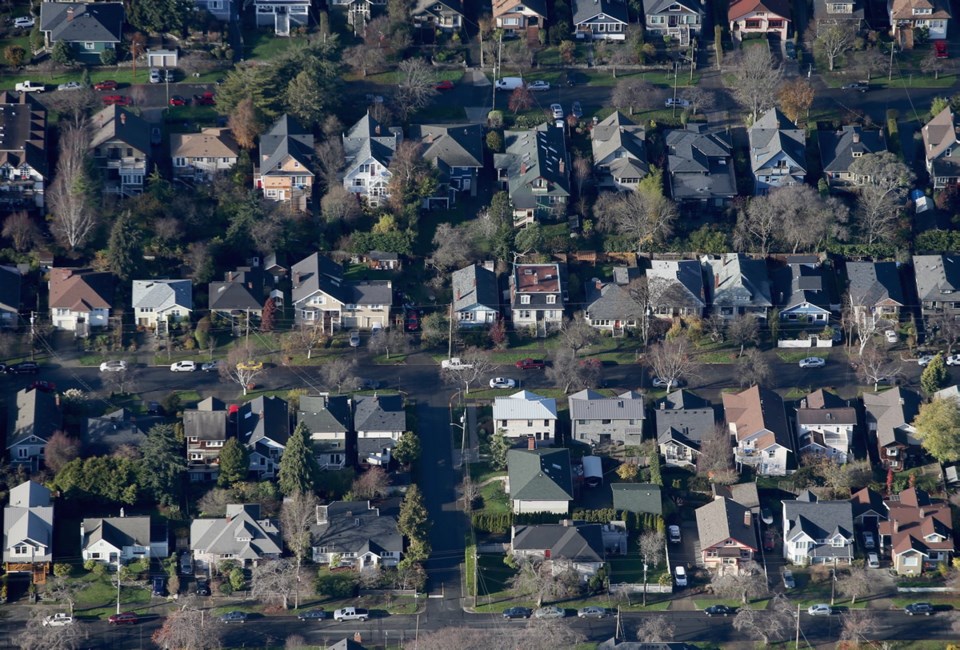I will be first person to agree there is an issue with housing in Victoria.
However, that is about as far as I can go in agreeing with an opinion piece that ran on these pages on June 4.
I am in my mid-20s and have lived in Victoria my entire life.
For myself and most of those in my generation, owning a house in Victoria will likely never happen.
Yet, an older generation feels enough entitlement to believe they should be exempt from rising costs, which is the very thing that locks my generation out of the housing market.
It is this very same generation asking for additional financial aid now, who frequently point out to younger generations that they need to work harder in order to get ahead.
To highlight just how much harder we must work, one can look at historical data provided by the Victoria Real Estate Board.
In 1990, the average cost of a single-family dwelling in Victoria was $179,150. That figure includes a high in Oak Bay of $268,587, and a low of $128,885 in Sooke.
Fast forward to last year: The average cost of a single-family dwelling is now $908,727. This includes of high of $1,639,831 in Oak Bay, and a low of $583,251 in Sooke.
On average, the cheapest house is more than double the cost of the most expensive house in 1990.
Why should Victoria further aid a generation which was able to buy a house with a single income and thrive for decades, when there are thousands of struggling families unable to ever buy a house in Victoria?
Living in a city and paying taxes for decades should not entitle someone to cheaper tax rates. Everyone should have to pay the same tax associated with the value of the house they are in.
I take issue with the fact that, by using property tax deferment, beginning at the age of 55, you can avoid the tax altogether until you sell the house.
Those deferred taxes will eventually come due, such as in the sale of a home, with accrued interest of 1.2 per cent.
That is less than inflation.
That rate is also less than I must pay in order to be able to afford the schooling I need to push myself out poverty and into, at least, the middle class.
The structure of student loans has changed, but not for those who have graduated in the past few years.
Effective Feb. 19, the interest charged on all B.C. government-issued student loans was eliminated.
However, interest is still charged on the Canada Student Loan portion of loans. That charge is either a floating rate of prime plus 2.5 per cent or fixed rate of prime plus five per cent.
There is still a price to pay.
The opinion piece on June 4 also proposed implementing a similar system to California’s Proposition 13 in the guise of “fairness.”
I question the long-term ramifications of such a move.
After 41 years of this law, California has the second lowest home ownership rates in the United States at 55 per cent.
Turnover in the real estate market is not high, one reason being homeowners could be burdened with a higher property tax if they move.
Victoria already has a housing shortage. A policy similar to Proposition 13 could have a detrimental impact on not just the housing market, but also the local economy.
While seniors may not have to deal with the long-term ramification of a policy like this, the rest of Victoria does.
If you are on a fixed income and can no longer afford to pay the tax on a house that has gone up in value multiple times over, I would suggest it may be time to pull yourself up by the bootstraps and work harder.
If that is too much, sell your home, take your $1million-plus in profits, move, and retire in peace while the rest of us still struggle to have a roof over our heads.
This article is a response to the article “Property tax idea from a B.C. senior,” that appeared on June 4 in the Times Colonist.



